How Does The Muscular System Help The Body Maintain Homeostasis
How does the muscular system help the body maintain homeostasis. Keeping the bodys temperature constant requires that the endocrine system the nervous system and the muscular system work together. The muscle system performs three functions that help maintain homeostasis. Brain cells start dying after just one minute without oxygen.
If the cardiovascular system fails to supply the brain with oxygen the body cannot maintain homeostasis. The key point on how does the digestive system maintain homeostasis. Red cells are very important to the human body because they carry oxygen to the bodys tissue and they also carry carbon dioxide out to the lungs where it is eliminated.
This is very noticeable during exercise when sustained. The Muscular System helps maintain homeostasis by the Muscular System allowing to have movement and allowing to go back in its positionThe muscules regulates through the functions such as breathing and the heartbeat. For example when an individual is exercising more blood will.
How does the muscular system and respiratory system work together to maintain homeostasis. Because the muscles generate heat this ceases the shivering when they provide heat. Your muscles generate heat.
Bones make it possible for the body to move and also provides support by being the attachment points for tendons which in turn attach to the muscles. Bone marrow creates red blood cells as the old red blood cells die off. Instances of this incorporate sustenance of respiration and heart pace as well as the bodys neurological acknowledgment of stimuli etc.
These include temperature nutrient levels oxygen fluid levels and pH. The muscular system helps maintain homeostasis by producing heat in our body when it is cold. The Muscular System.
The muscular nervous cardiovascular endocrine and integumentary systems work together to cause sweating and shivering in the. Describe how the muscular system works with two other systems of the body to maintain homeostasis.
How does homeostasis play a role in the muscular system.
These include temperature nutrient levels oxygen fluid levels and pH. The cardiovascular system helps maintain homeostasis by continually supplying the central nervous systemthe brain and spinal cordwith oxygen and glucose. The muscular system helps maintain homeostasis by producing heat in our body when it is cold. In the living world movement is the most important requirement for every organism. How does homeostasis play a role in the muscular system. The muscular system maintains homeostasis by a number of different ways. Attach bone to bone. For example when an individual is exercising more blood will. The key point on how does the digestive system maintain homeostasis.
Attach bone to bone. When the body overheats the blood vessels that. Bones make it possible for the body to move and also provides support by being the attachment points for tendons which in turn attach to the muscles. The Muscular System. The muscular nervous cardiovascular endocrine and integumentary systems work together to cause sweating and shivering in the. The cardiovascular system and the skin help maintain homeostasis by regulating body temperature. Ligaments and tendons are two main types of connective tissues that help the muscular-skeletal system produce movements.
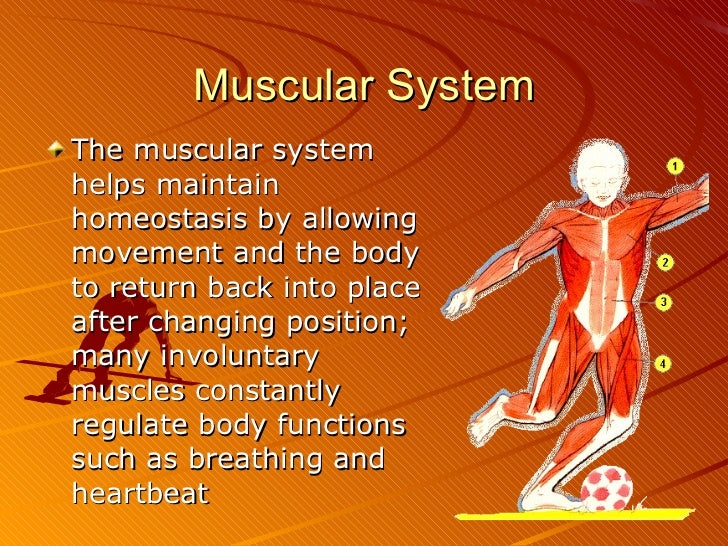
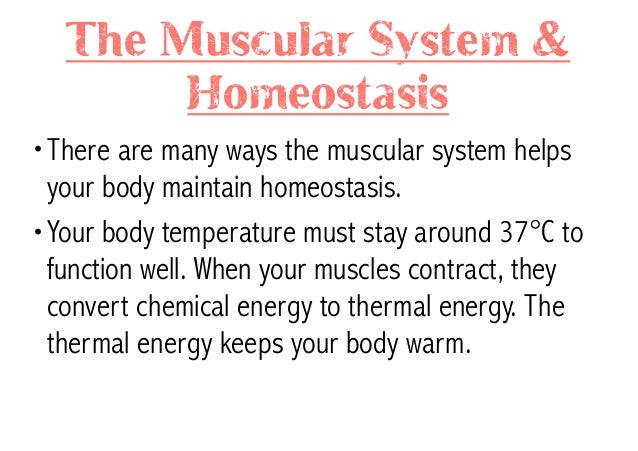
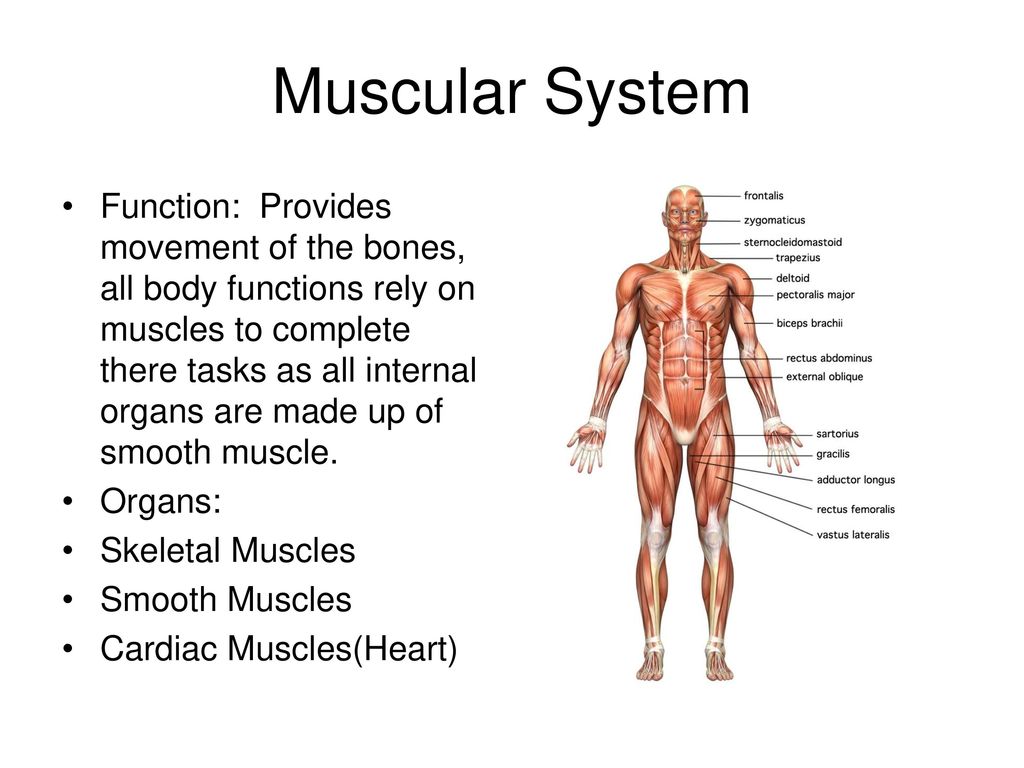
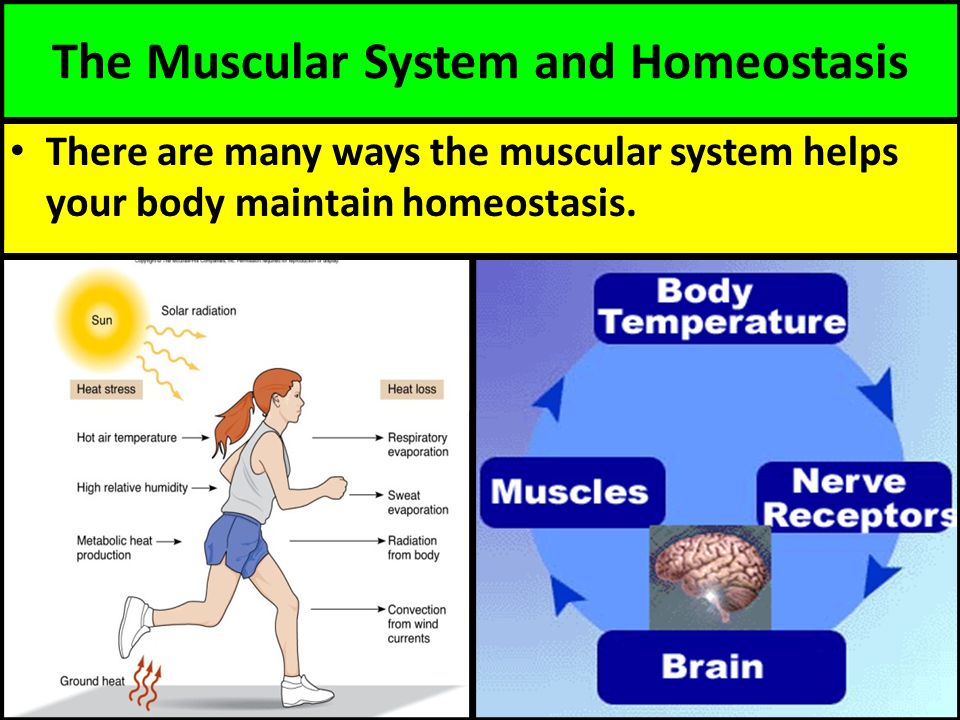
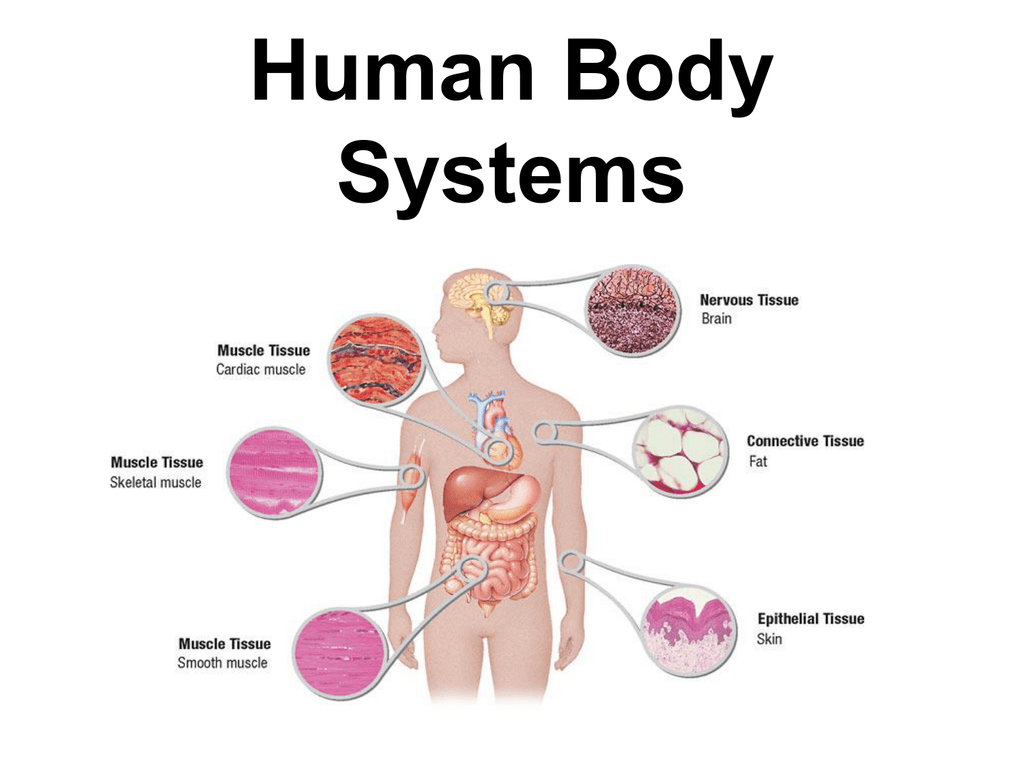
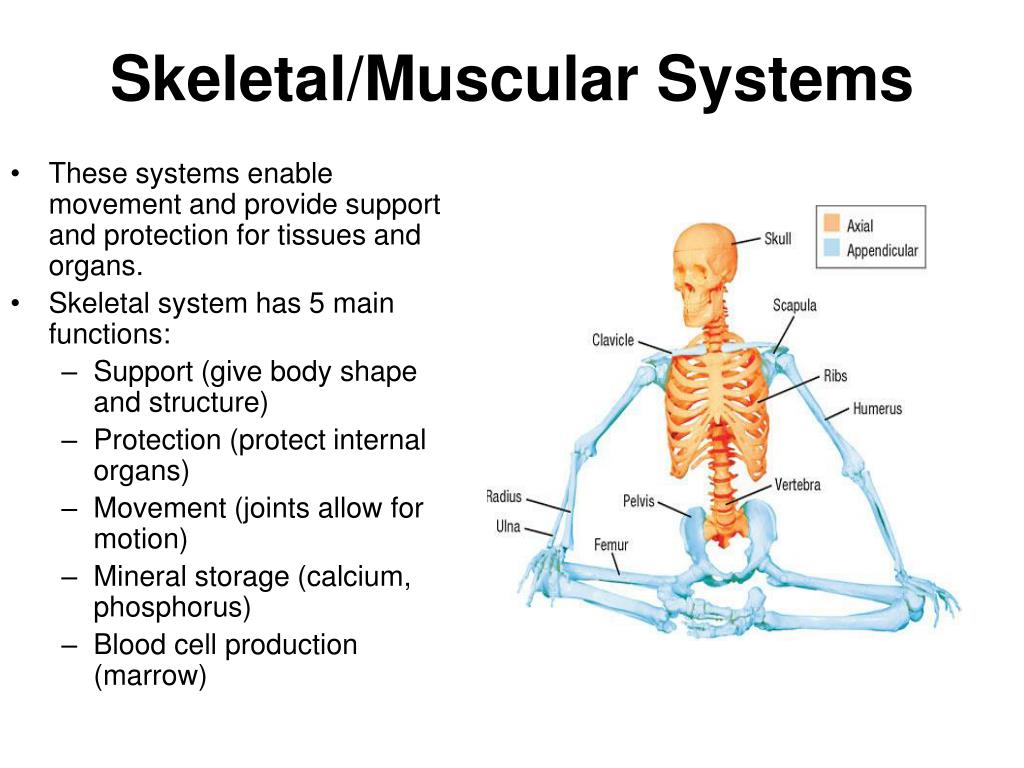

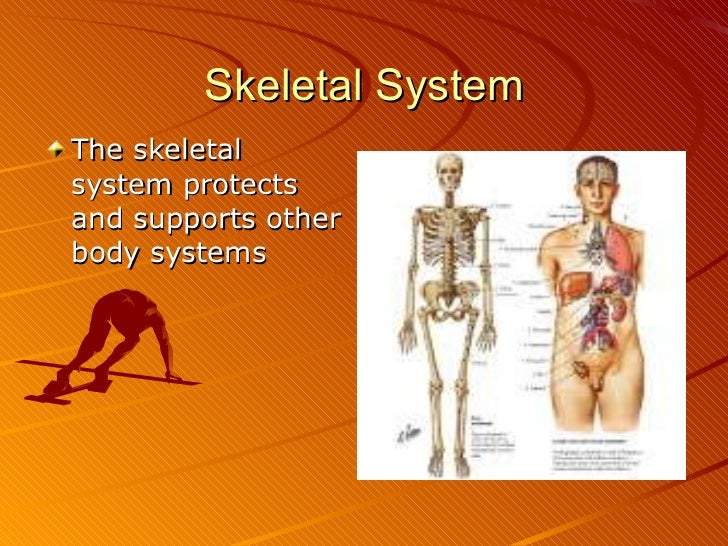
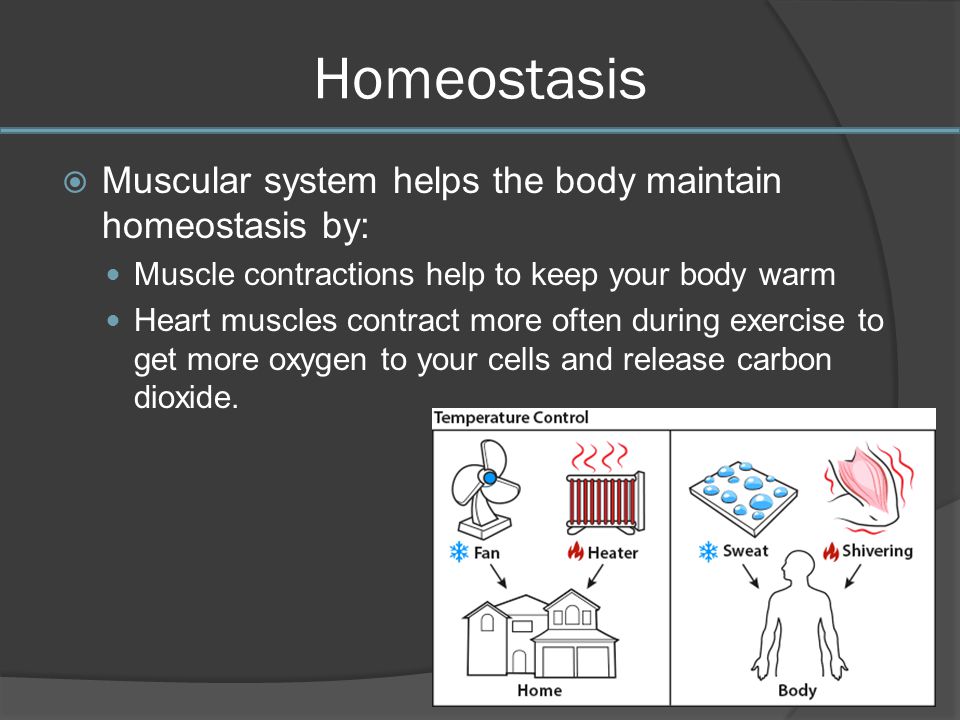
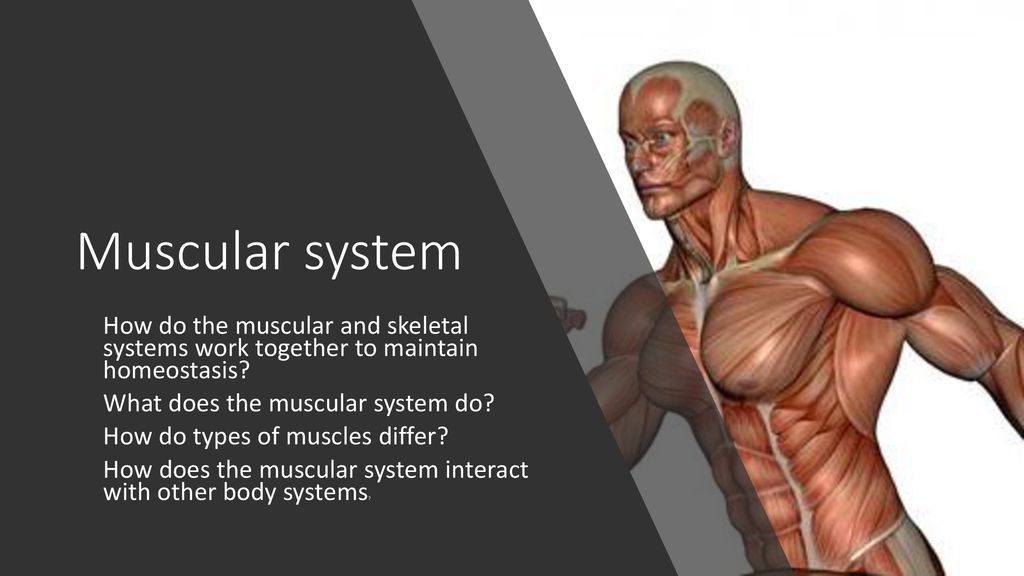





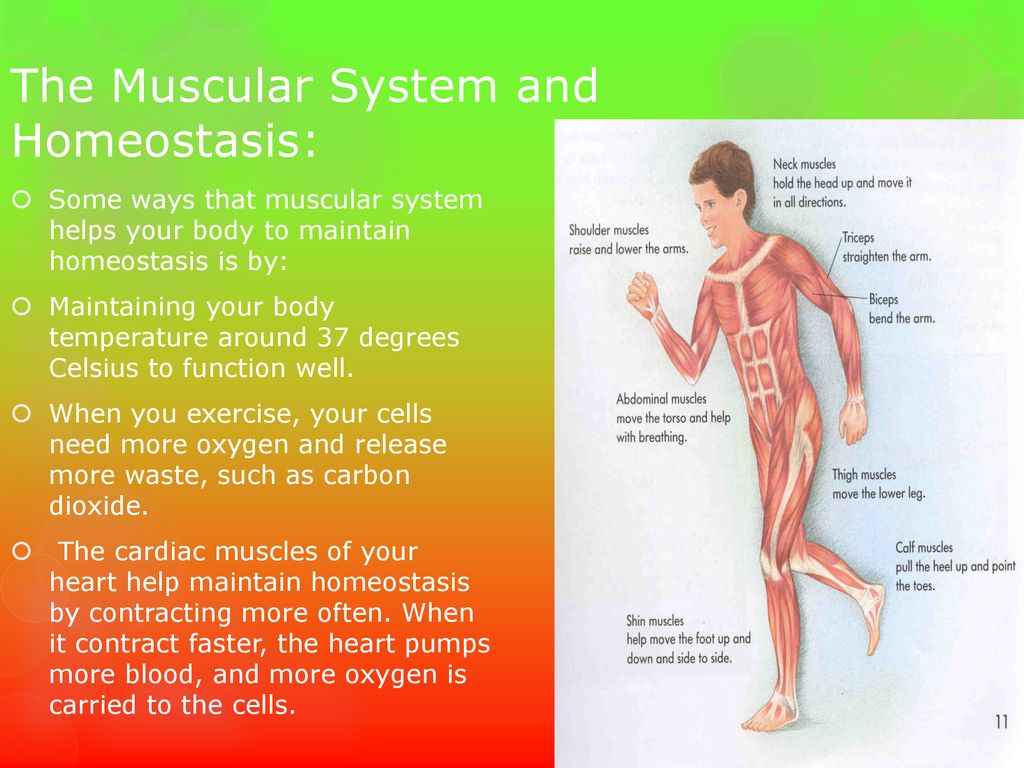
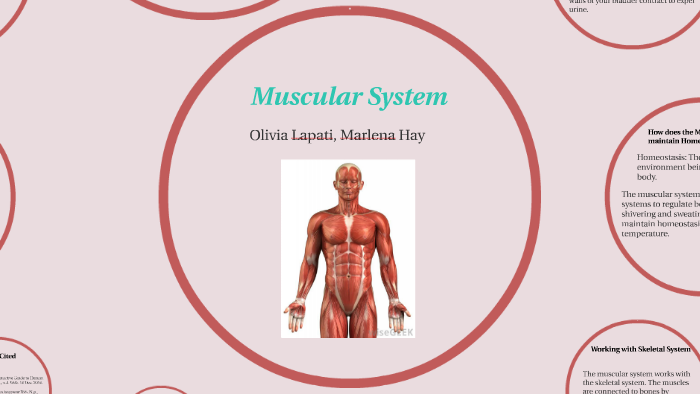
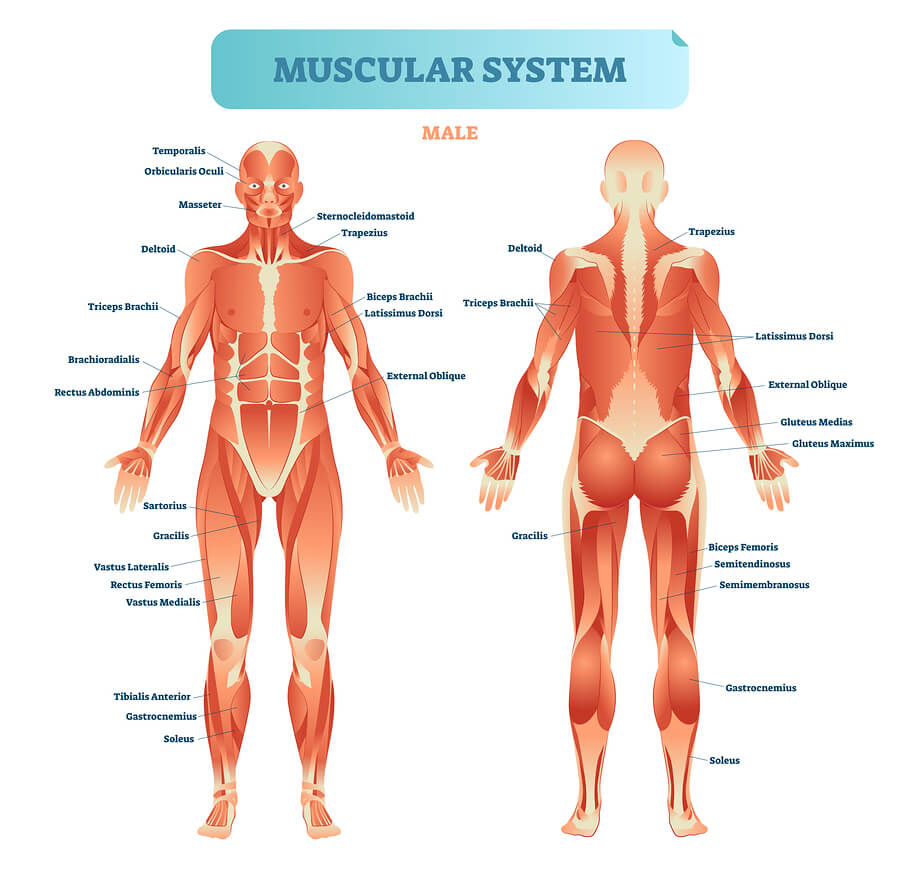




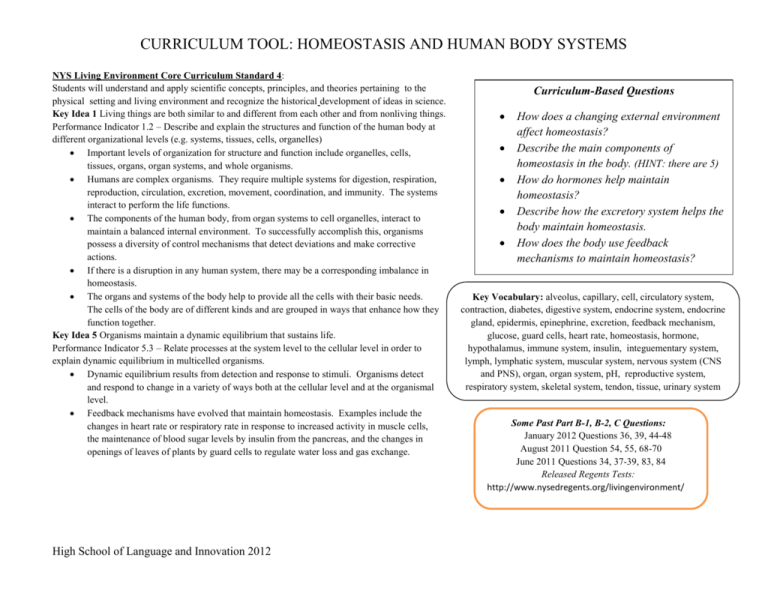


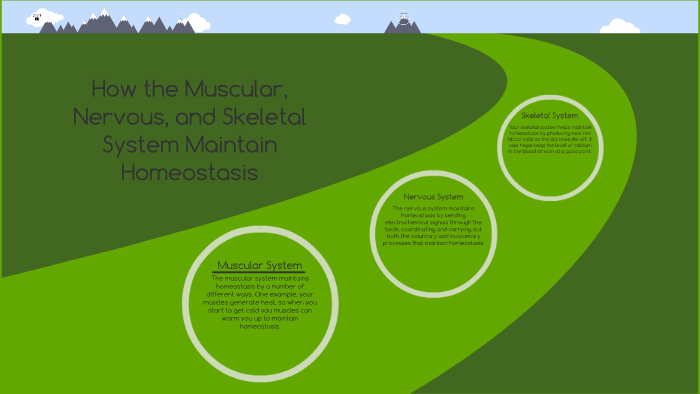

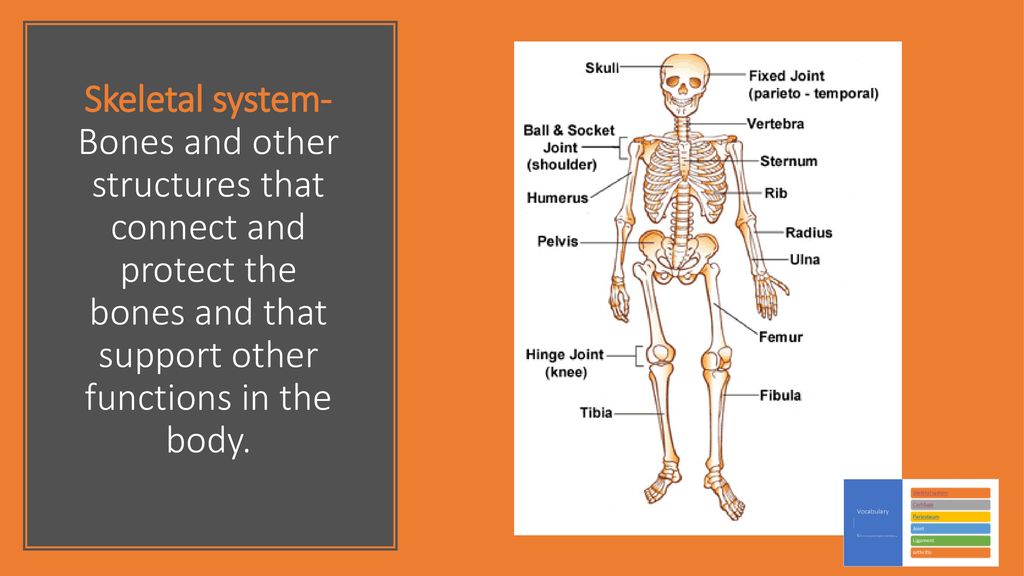

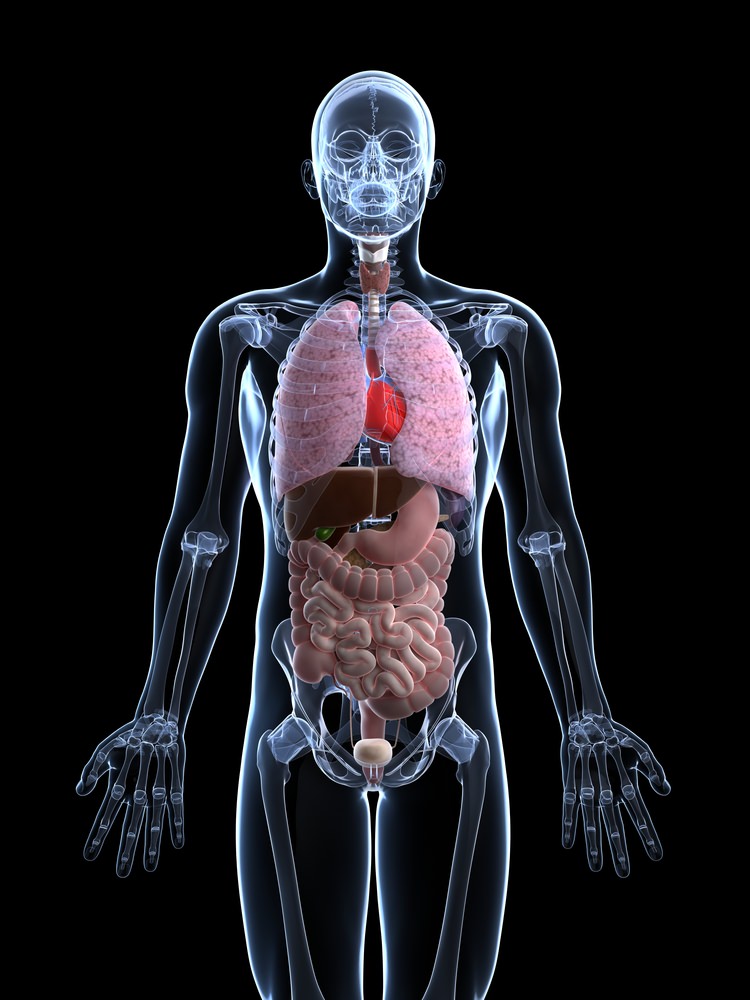

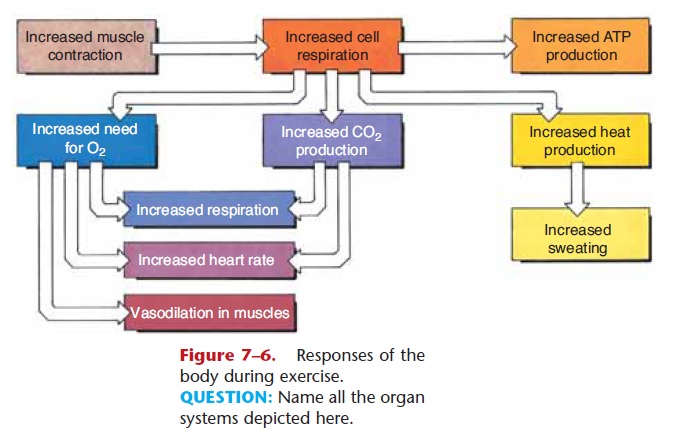


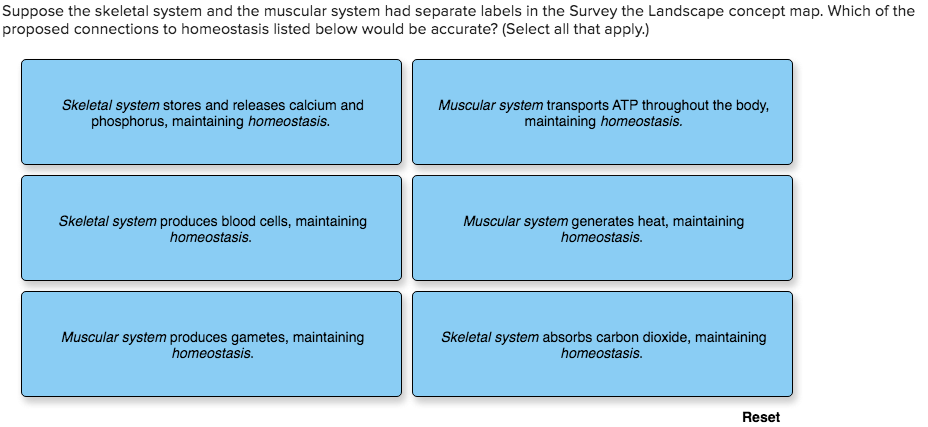
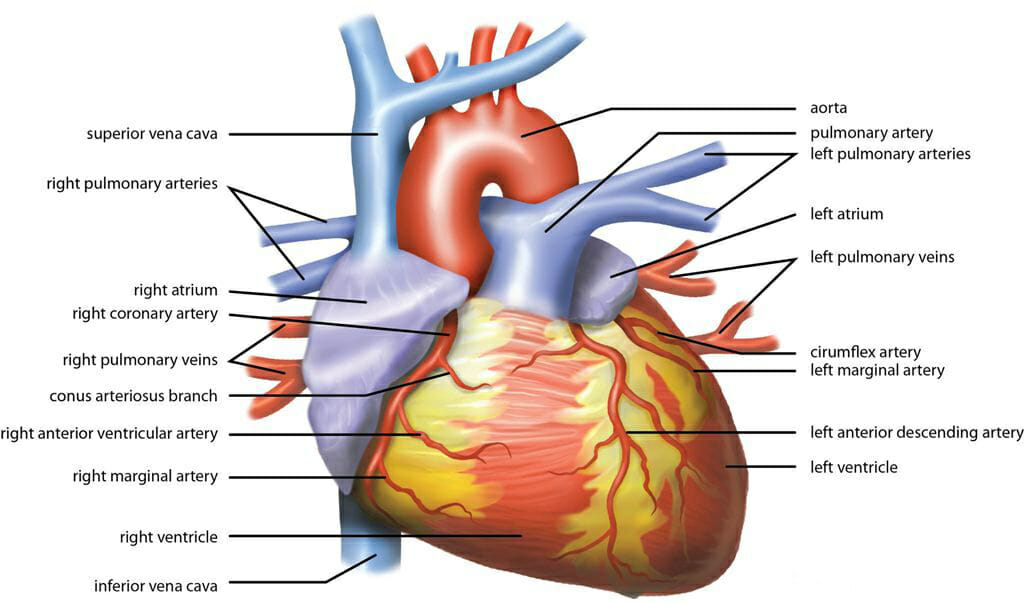


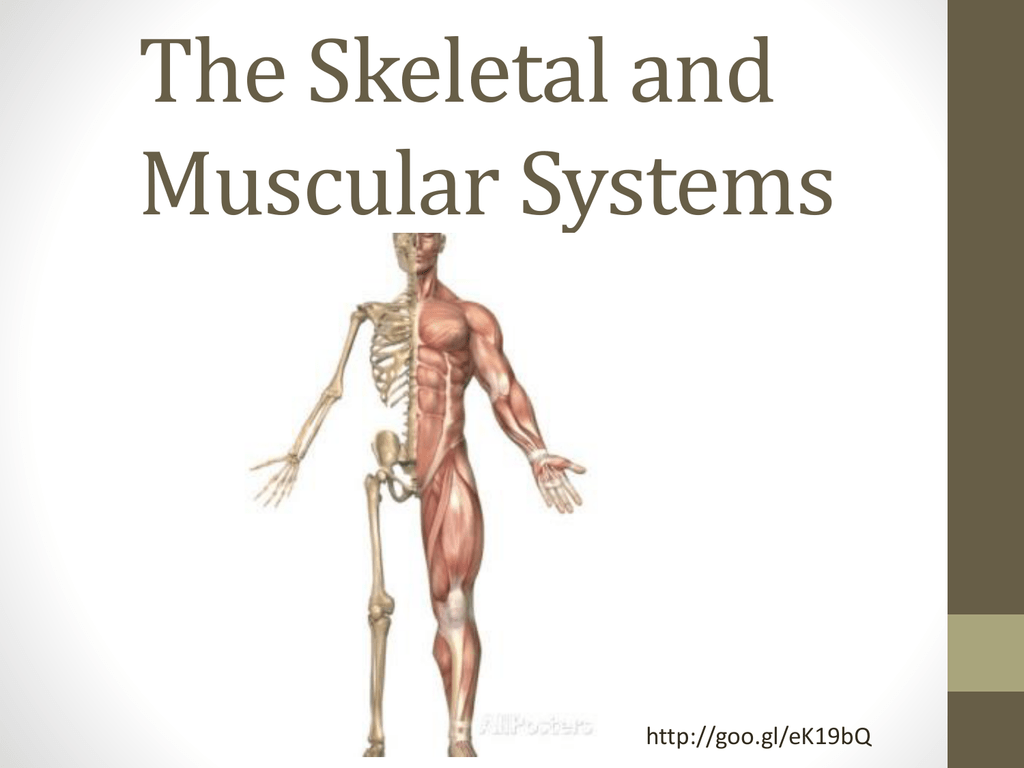
Post a Comment for "How Does The Muscular System Help The Body Maintain Homeostasis"